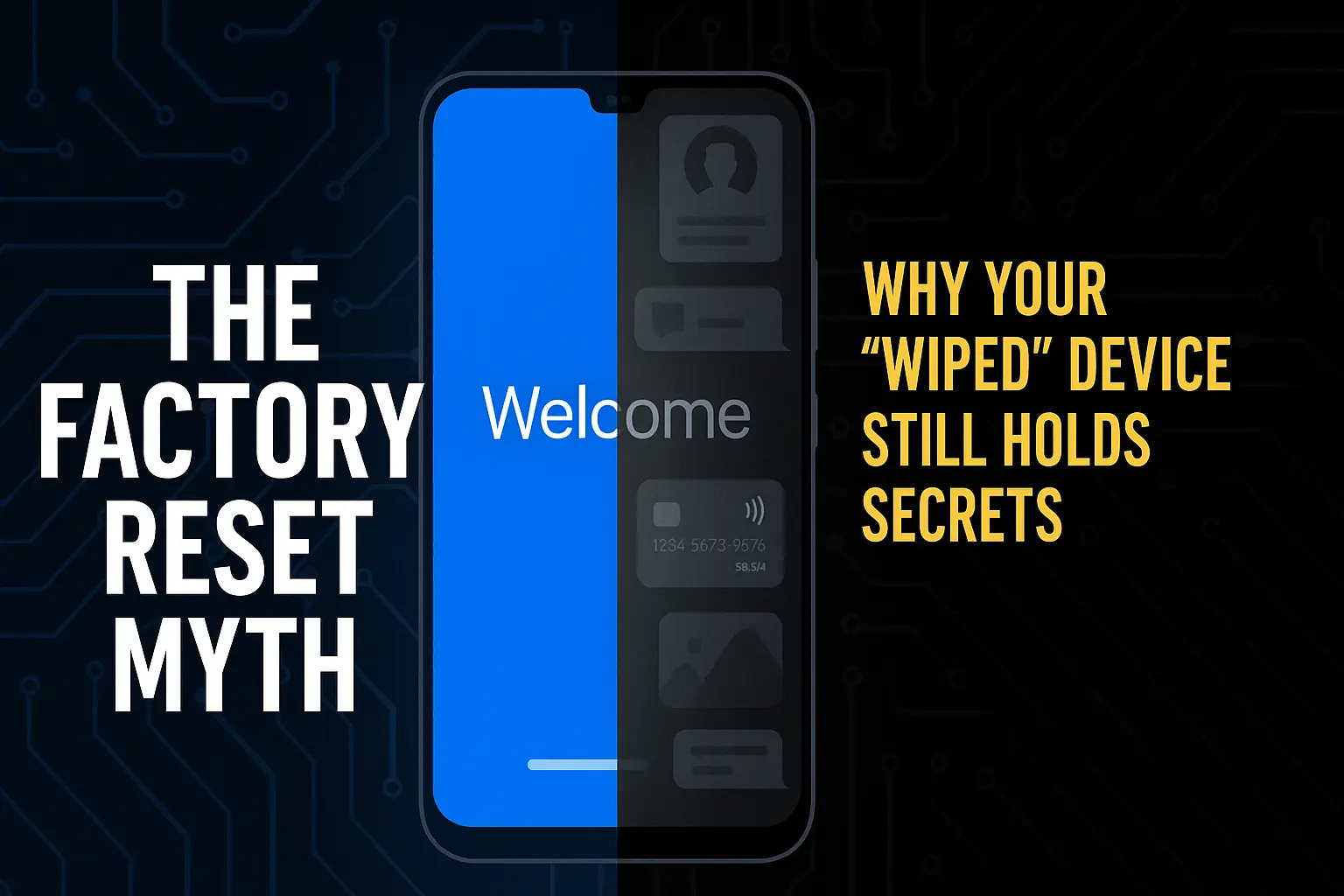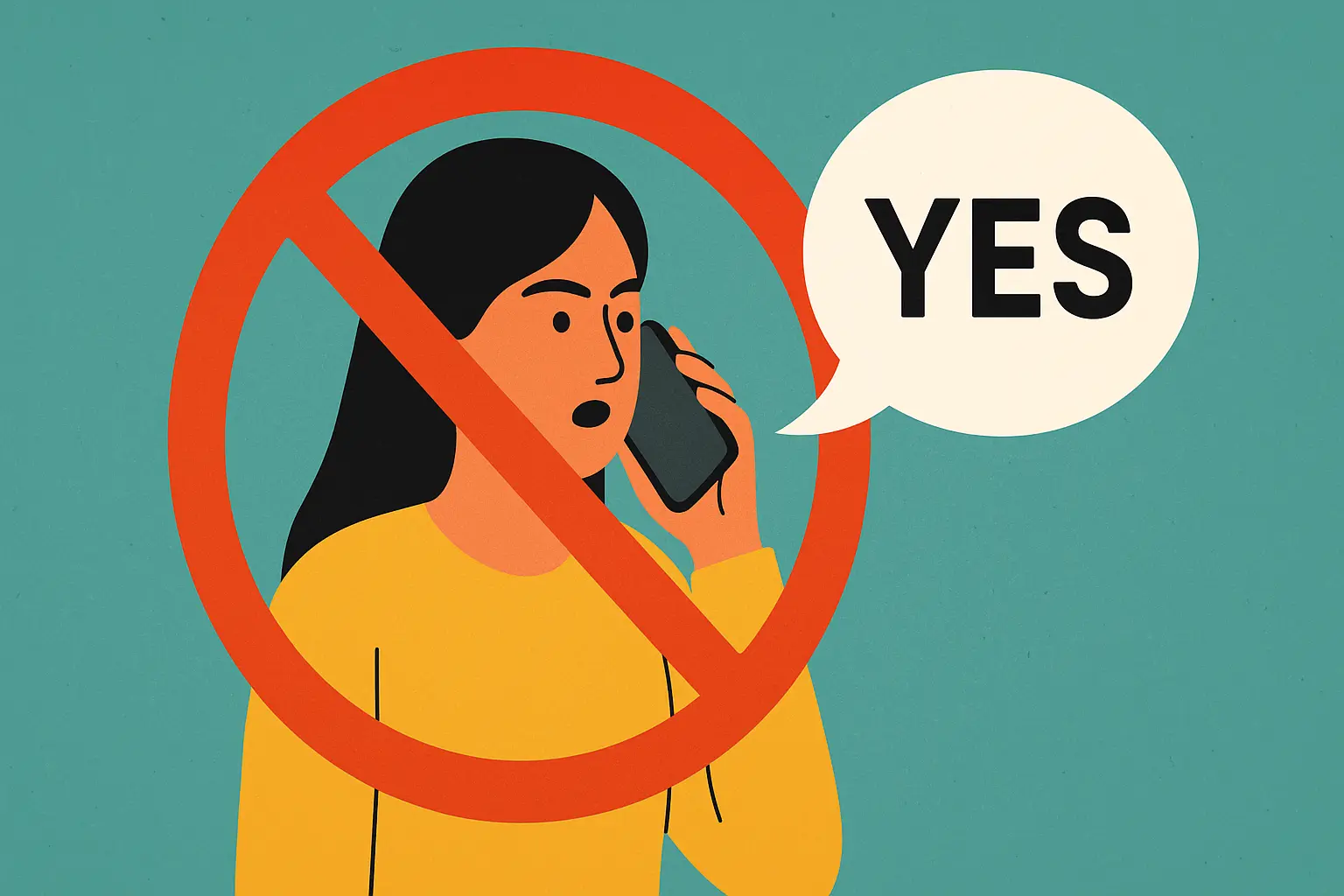Time has passed when falling prey to internet scammers is through a phishing text message that you have won a lottery or a prize you never played.
Or a phishing email from a girl whose father died and is looking for a guy to claim his father’s wealth with.
Internet Scammers have improved in their tactics. There are so many web links today flying around chat boxes with malicious intent.
Internet scammers these days run fraudulent advertisements on social media platforms with the goal to gain more victims.
Remember, as our easy of connection increases, this in turn also increased our possibility to come in contact with bad actors.
We are in an era where it is very dangerous to be a careless internet user. Being careless on the internet might not only cost you your account access, but also your hard-earned money.
What can we do then to avoid becoming an easy prey to internet scammers?
It is true that there’s no 100% guarantee of security on the internet, but being an easy victim to attackers is worst.
In this post, we are going to discuss three practices that can help you unmask some level of social engineering on the internet.
1. Double Verification
The number one practice in detecting internet scammers is the practice of double verification. Don’t trust; always verify.
Avoid any financial transactions or information sharing with any business or service providers on the internet without first double-checking their genuineness.
Also, avoid carrying out direct financial exchange with a friend or any individual on social media without carrying out an identity verification check.
Tools you can use for your identity or genuineness verification process.
The number one tool you can use for your verification is Google.
Google will help you to gather people’s past experiences with the same business name or individual.
Simply go to Google and search using the seller name or their business name to check if they are scam or not. A simple search term like ” is XYZ company a scam” or ” is ABC phone number a scam” can do the magic for you.
Then filter the information you got from the search. Avoid giving preference to the information placed online by the person or business you are verifying.
This is because there will be some bias in the information they put out. They will always say good things about themselves on the sites or platforms owned or managed by them.
You can also use the social media search bar for the verification search. Facebook has its own search bar. You can type the business owner’s identity information in there and observe what people have said about them.
For direct transactions with friends on social media platforms, you can also do identity verification by direct call to your friend, or do a third party confirmation from people also close to them, depending on the reason for the transaction.
Double verification is also necessary for any in-office or cooperative transactions. Don’t just trust an email because it came from your colleague’s address.
Remember, double verification is a benefit you get from those that have shared their past experiences with scammers online, so don’t hesitate to share your own experience with scammers for others to benefit too.

When you have little or no information about the seller or service provider, make sure you transact with caution as you are among those the web will use to test for their genuineness.
2. Avoid Clicking on Tiny URL Links Without first Expanding Them.
Tiny URL is one trick internet scammers use most on social media to mask malicious links.
Many have lost their Facebook account by just clicking on a link they saw online or received through chat.
Internet scammers use tiny URLs to prevent innocent users from knowing the true domain name of the link they click; thereby masking their actual intent.
Except you expand the URL https://tinyurl.com/ybgmvxgw, you will not know that it will take you to a post URL on my blog https://confamtips.com/one-soft-phone-repair-skill-you-should-posses-if-you-have-your-own-personal-computer/.
Expanding a tiny URL will help you to know exactly where a link is taking you to when you clicked on it.
In order to expand a tiny URL, you can use the website urlex.org. Open the Urlex webpage and once it loads. Copy and paste the tiny URL you want to expand into the website search box for expansion.
You can also expand a tiny URL by adding “preview” to the site’s tiny URL, like this https://preview.tinyurl.com/ybgmvxgw, and load it on a browser.
Scammers can also use a tiny URL to embed payloads to your computer or phone.
Being mindful of the links you click is also a good way to improve your safety online.

3. Be Careful When there is Much Urgency and Curiosity
Urgency and curiosity are tools Marketers use that scammers also enjoy using.
Be more careful whenever there is much urgency in making a decision. You have to make as much inquiry as possible before making any financial decisions online.
Too much urgency is always a common characteristic of scammers. Also remember, cheap offers are not always cheap especially when it is coming with a fraudulent intent.
Curiosity is also another trick scammers use to get people to click on malicious links. Headlines like “What this man did to her will surprise you… ” It will drag thousands of users to click on the link just to find out more.
If you don’t manage your curiosity and desire to get it when it’s cheap or before it is over, you might end up being an easy prey to scammers.
Remember to share your personal experience with scammers on the comment box if you have any, for others to take caution.







[…] your personal details online. There is a post here on how you can unmask scammers online. Click here to read […]
[…] internet scammers on social media in the case of information over trust. There is a separate post here on how to unmask scammers on social […]
Thank you so much for this information
I’m impressed, I must say. Seldom do I encounter a blog that’s equally educative and interesting, and let me tell you, you have hit the nail on the head. The problem is something that not enough people are speaking intelligently about.
Now I’m very happy I came across this during my search for something regarding this.
I am regular reader, how are you everybody?
This post posted at this web site is truly good.
It’s remarkable to pay a quick visit this website and reading the views of
all mates concerning this piece of writing, while I am also keen of getting experience.
Hurrah! After all I got a web site from where I can truly take valuable information concerning my study and knowledge.
Thanks on your marvelous posting! I definitely enjoyed reading it, you can be a great
author.I will ensure that I bookmark your blog and will eventually come back someday.
I want to encourage one to continue your great job, have a nice day!
Keep on working, great job!
Wow, that’s what I was exploring for, what a material! present here at
this webpage, thanks admin of this web site
wonderful publish, very informative. I ponder why the opposite experts of this sector do not notice this.
You should proceed your writing. I’m sure, you’ve a great readers’ base already
That is very attention-grabbing, You’re an overly skilled blogger.
I have joined your RSS feed and sit up for seeking extra of your wonderful post. Additionally, I’ve shared your website in my social network
I am so grateful for your blog. Really looking forward to read more. Really Great!.
I’m impressed, I have to admit. Rarely do I come across a blog that’s both educative and entertaining,
and let me tell you, you have hit the nail on the
head. The issue is something too few men and women are speaking intelligently about.
I am very happy that I came across this in my search for something concerning this.